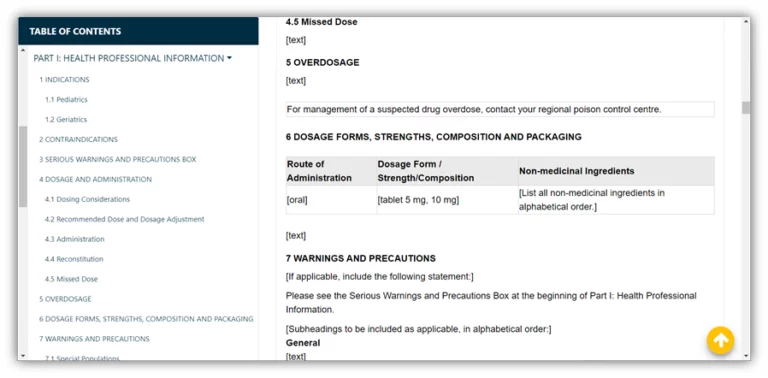1. Take a selfie from your phone and receive a diagnostic
 Sounds crazy right? Our phone cameras are so detailed, and the quality is only getting better. This trend really complements dermatology and ophthalmology specialties. There are applications that have unique algorithms that can determine features as specific as jawline placement and can indicate if there is a craniofacial abnormality. The systems are intelligent enough to determine wound-type, infections, and lesions. This technology can reduce face-to-face interactions, which prevent infections from being spread and conserves time. Many regulatory agencies are rooting for AI as it is proven to be accurate and supports organization methods. It eliminates the need of going through piles of documents, which can cause potential risk. This assists in keeping pace with regulatory and compliance changes.
Sounds crazy right? Our phone cameras are so detailed, and the quality is only getting better. This trend really complements dermatology and ophthalmology specialties. There are applications that have unique algorithms that can determine features as specific as jawline placement and can indicate if there is a craniofacial abnormality. The systems are intelligent enough to determine wound-type, infections, and lesions. This technology can reduce face-to-face interactions, which prevent infections from being spread and conserves time. Many regulatory agencies are rooting for AI as it is proven to be accurate and supports organization methods. It eliminates the need of going through piles of documents, which can cause potential risk. This assists in keeping pace with regulatory and compliance changes.
2. Decrease the Risk of Antibiotic Resistance
Antibiotics are common medications used (or overused for lack of a better word) to treat infections. Our bodies can adjust well to various medications, if taken correctly. Though this seems great when it comes to medications for neuropsychological conditions or diabetes, it can become an issue with antibiotics.
Once an antibiotic is taken, even after one course, it is possible for germs like bacteria and fungi to develop the ability to defeat drugs designed to kill them. In other words, the bacteria overpower the medication. This leads to many adverse reactions, such as vomiting, diarrhea, fevers, syncope, etc. The hard part is determining if you are resistant to an antibiotic and distinguishing which one. With electronic health records, AI systems can identify infection patterns and flag patients that are at potential risk before they even show symptoms. Such systems have been evaluated and it is proven to be accurate with determining resistance. This makes the therapeutic process faster, safer, and even more cost-effective.
3. Faster R&D Processes
The time spent on researching diseases and therapies can take decades. An incredible amount of money is spent on the R&D process – there is so much trial and error. With the evolution of technology, AI systems can pick up patterns and compare massive information related to physiological systems. The computer knows how the human body works and will recognize medications within minutes that can potentially fail, eliminating the risk of harm to patient populations. These machines understand medicine formulation and can streamline the discovery process.
4. Efficiency in Clinical Trial Research
Machine learning can identify relevant information from patient profiles and physician notes. The system can then collect details and screen records to determine the appropriate patient population for a clinical trial. What’s more, patient populations can send information through smartphones and other technological means (i.e. computers). The vital information will be captured, and appropriate tests can be determined. This could support organizations with the regulatory compliance, as the accuracy of AI is exceptional.
5. Advancing Immunotherapy for Cancer Treatment
Immunotherapy is one of the most common avenues for treating cancer. With immunotherapy, the body uses its own immune system to attack the bad tumors, which can result in positive patient outcomes. However, not a large population responds to this successfully, and oncologists are still trying to figure out which patients would benefit or not. Machine algorithms can synthesize complex datasets that can present new solutions for an individual’s genetic makeup. It understands the human physiology and can track a patient’s immune system and predict the circumstance. It will be helpful if we know this method will work for an individual or not, so no time is wasted. After all, timing is probably one of the most critical factors in cancer treatment.
The impact of new technologies, like Artificial Intelligence, on regulatory compliance remains to be seen. What is clear, is that as regulatory agencies adapt, you will need partners with the right expertise. As industry experts in medical devices and software validation, AXSource can support you with your AI compliance needs. Check out our full service offerings on our website: www.axsource.com


